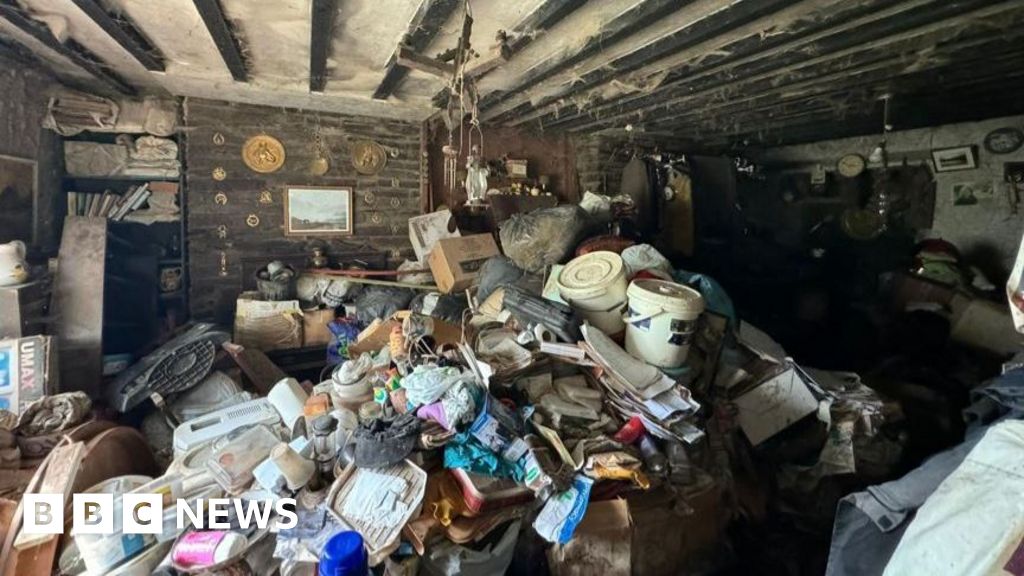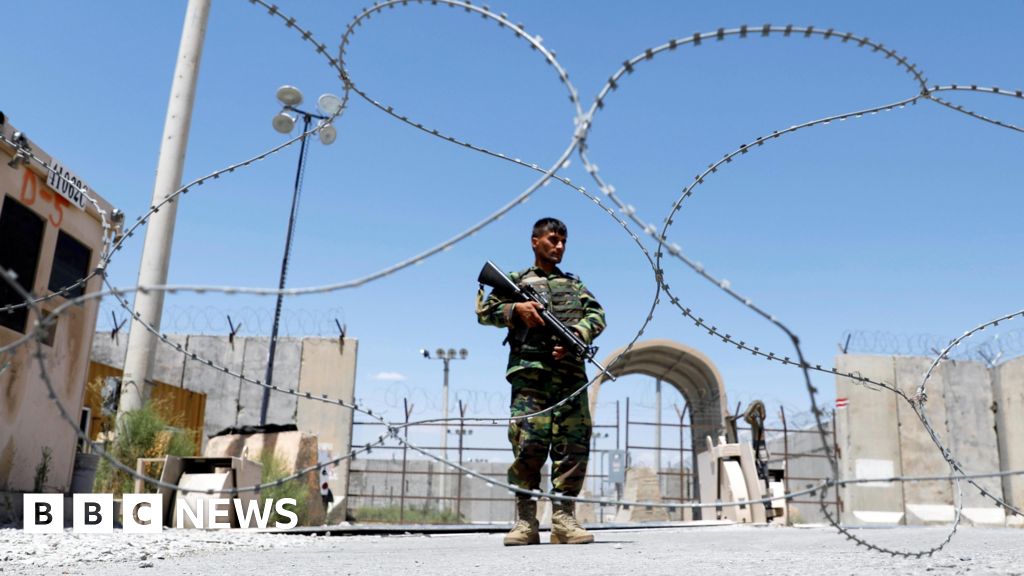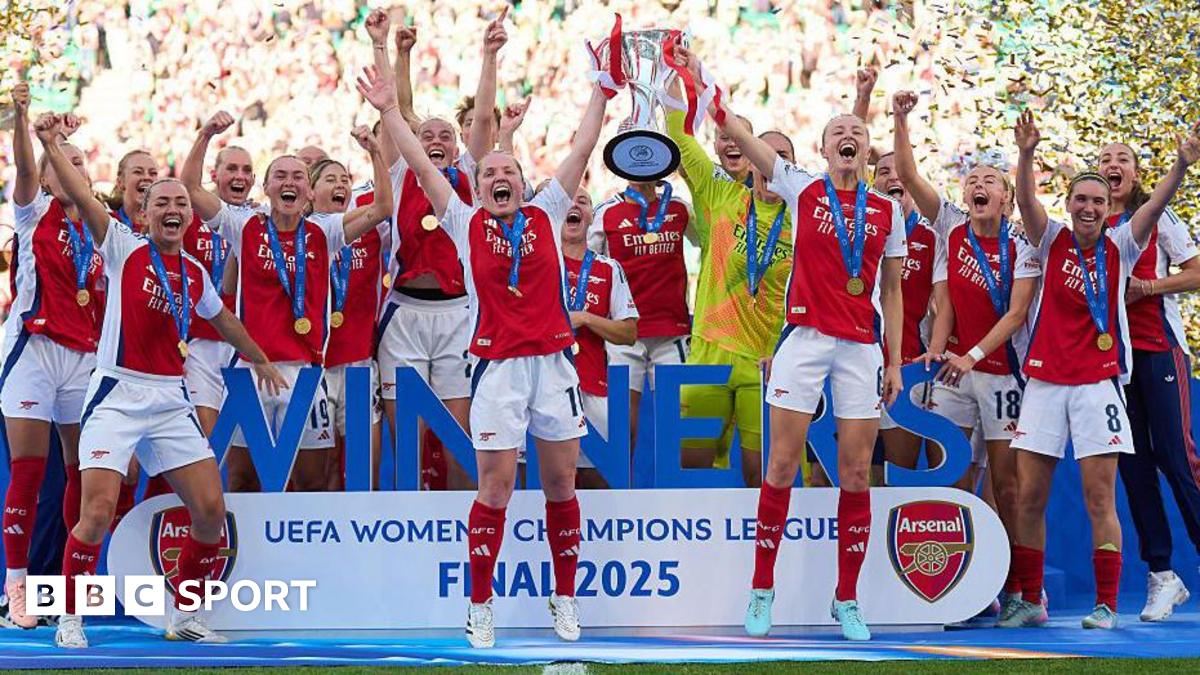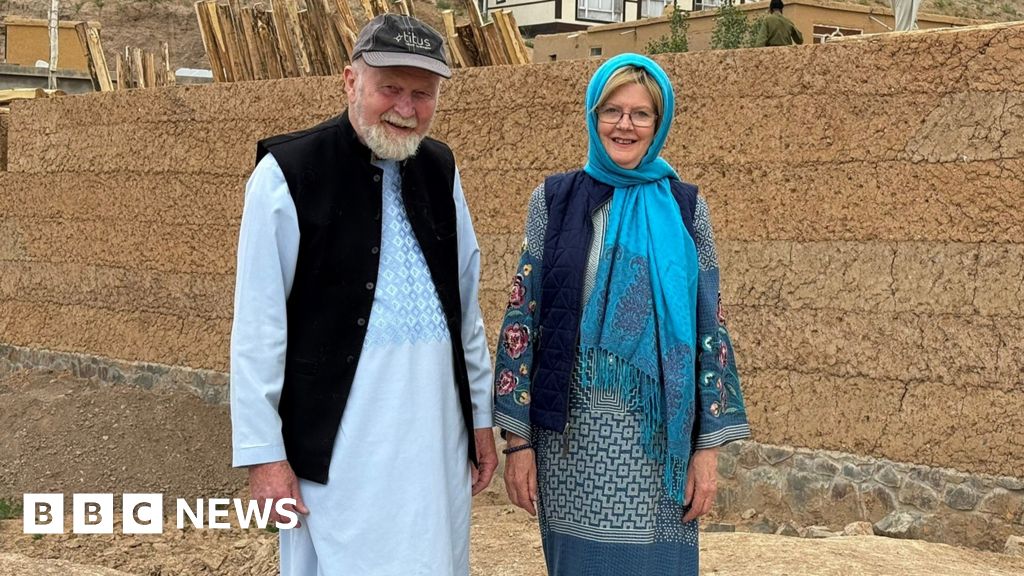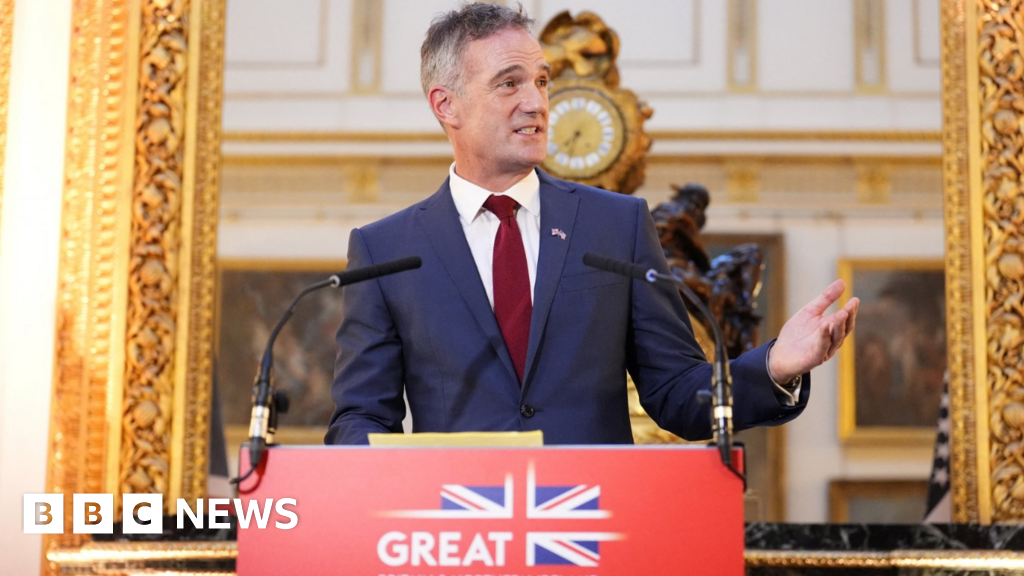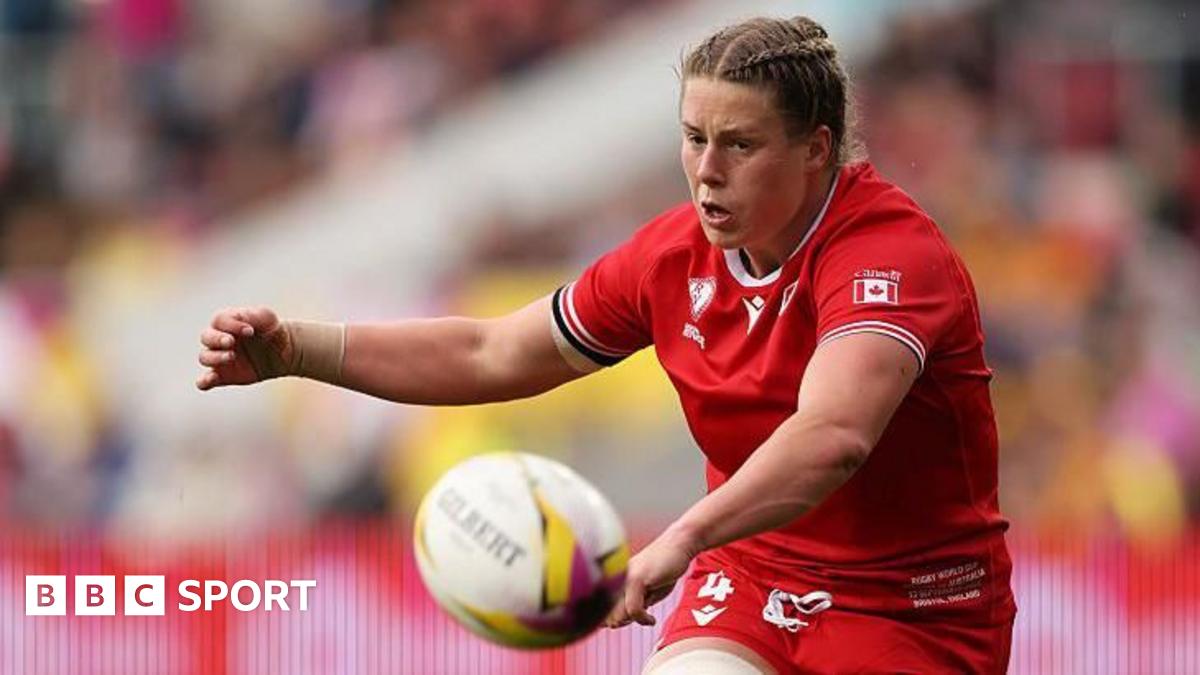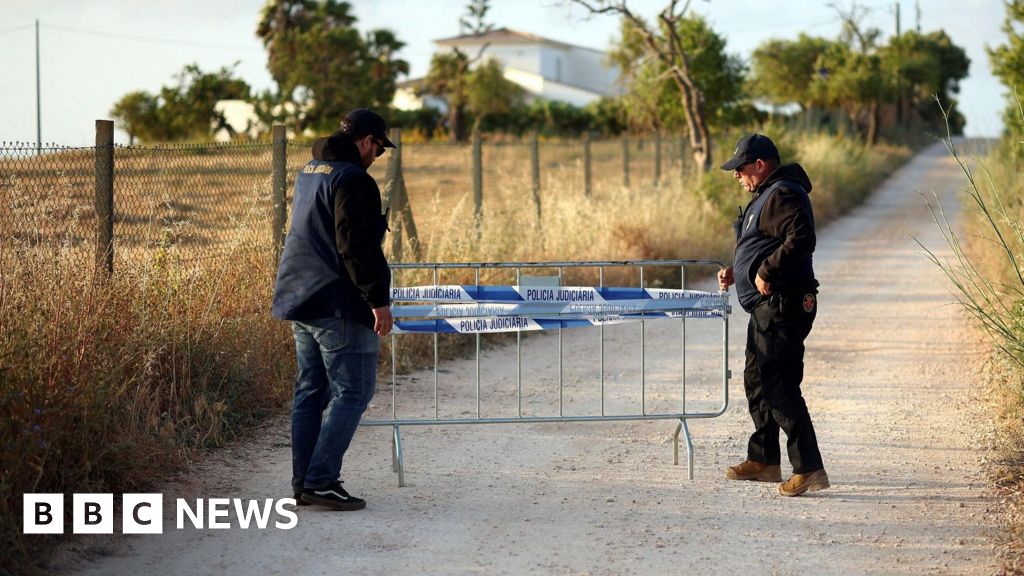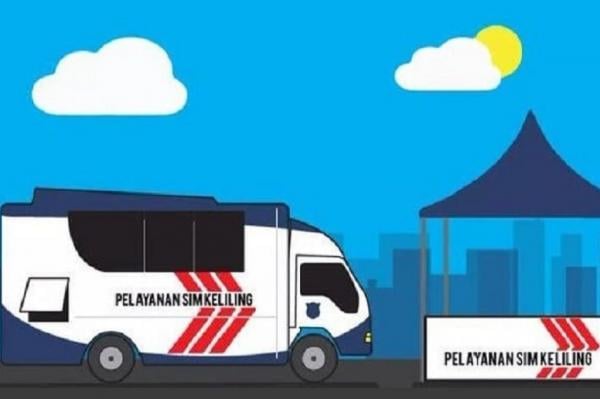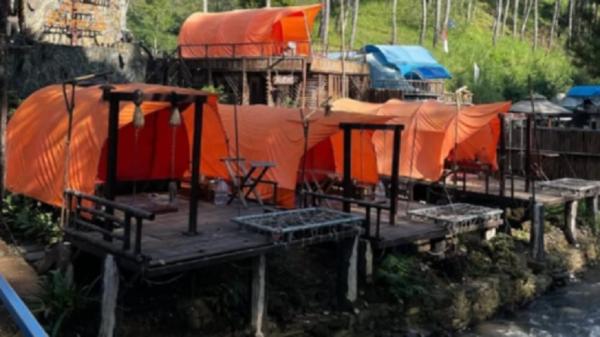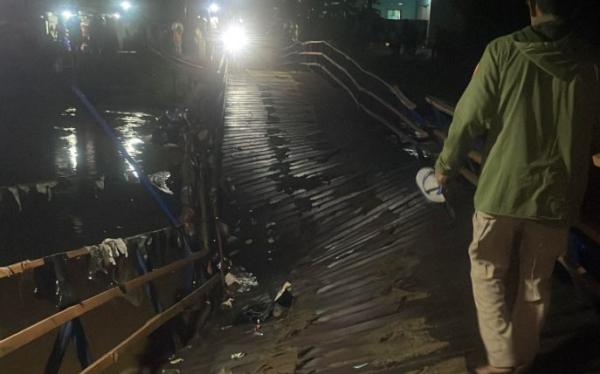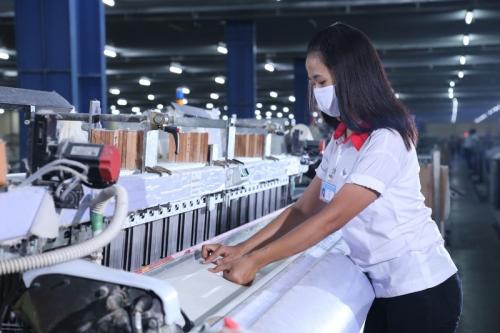Maria Cassidy & David Deans
BBC News

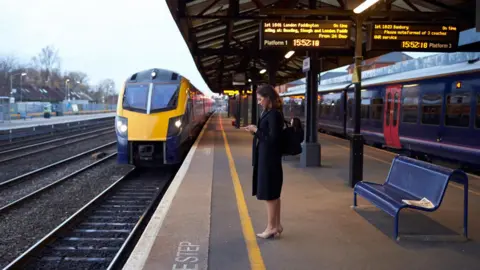 Getty Images
Getty Images
The new line is set to cost £6.6bn but no tracks will be laid in Wales
There is anger that a multi-billion pound project to build a railway line between Oxford and Cambridge has been classed as an England and Wales project.
The £6.6bn line will see no tracks laid in Wales, but because of the way it has been classified, it means the country will not benefit from any extra cash.
David Chadwick, Liberal Democrat MP for Brecon, Radnor and Cwm Tawe, told Radio Wales Breakfast it was "HS2 all over again", while a rail union called for a rethink.
The UK government said it was paid for through its "rail network enhancements pipeline, which funds projects in both England and Wales".
Welsh government Transport Secretary Ken Skates said it was "not new" that the "system used for paying for rail improvements puts Wales and Borders within a wider network which has historically disadvantaged us", and previous governments had failed to change that.
He said the Labour UK government has "admitted that the Wales and Borders network has been underfunded in the past".
But Chadwick said Wales was "being denied hundreds of millions in funding that could transform our own rail network".
He added that Labour expected people in Wales "to believe the ridiculous idea that this project will benefit them and they are justified in not giving Wales the money it needs to improve our own public transport systems".
Unlike Northern Ireland and Scotland, most of Wales' railway is funded by the UK government, and not ministers in Cardiff.
Under the system used to fund the devolved nations, called the Barnett Formula, Scotland and Northern Ireland get extra money when more cash is spent on rail in England and Wales.
It follows the long-standing row over HS2 - deemed to be an England and Wales project - so Wales gets no extra cash, which would have been the case if it was classed as England only.
However, none of the track planned for HS2 will reach Wales.
Differing figures have been given for how much politicians think Wales is owed from HS2, from £4bn suggested by Plaid Cymru and the Welsh government in the past to £350m in the most recent figures from Welsh ministers.

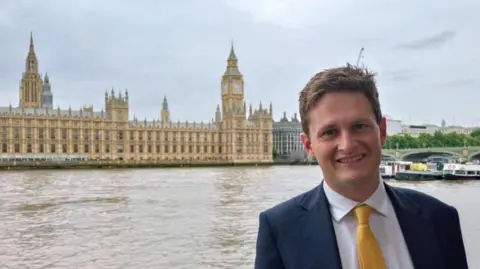 David Chadwick
David Chadwick
David Chadwick said the project was like "HS2 all over again"
The TSSA rail union called for a rethink.
Its general secretary Maryam Eslamdoust said: "Our union strongly supports rail investment wherever it happens - and we welcome new projects like East West Rail that expand and modernise our network.
"But ministers in Westminster must be honest with the people of Wales.
"Labelling this project as benefiting 'England and Wales' when it delivers no new infrastructure in Wales undermines trust and risks depriving Welsh communities of much-needed funding for their own railways."
Plaid Cymru's Westminster leader Liz Saville Roberts said the classification was "absurd".
She said: "The rail line lies entirely within England and will offer no benefit to Wales. On the contrary, its misclassification will deny Wales millions of pounds in desperately needed infrastructure investment."
The Plaid MP claimed that Labour, having previously criticised the classification of HS2, have "abandoned their principles, and neglected the needs of the communities of Wales".
On social network BlueSky, ex-Welsh Labour transport minister Lee Waters drew attention to comments made by Lord Hendy in 2023, before he became a UK government rail minister last year, where he criticised the classification of HS2.
Hendry had told the House of Lords that it was "strange that, as a consequence of spending on HS2, Scotland and Northern Ireland received additional funds as part of the block grant but Wales did not".
"That suggests that something is amiss with the way the Barnett formula is applied," he had said.
The UK government said its rail network enhancements pipeline will pay for the redevelopment of Cardiff Central Station, improved level crossings in north Wales and support for the upgraded south Wales relief lines.
Welsh Labour's Ken Skates said the UK and Welsh governments had agreed "an ambitious pipeline of improvements that will make up for underinvestment by previous governments" and were "seeking a fair share of investment".
.png)
 3 months ago
49
3 months ago
49







